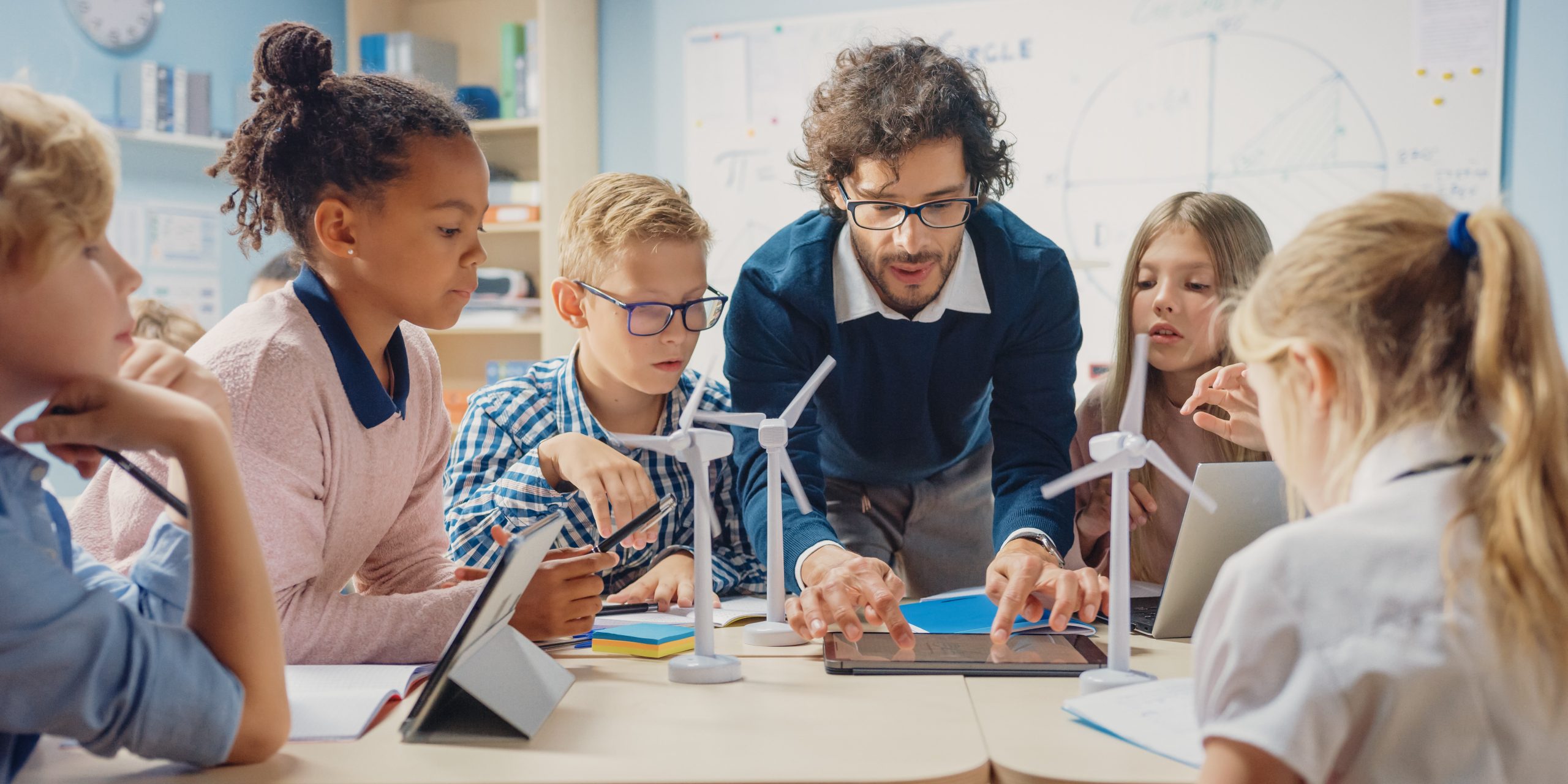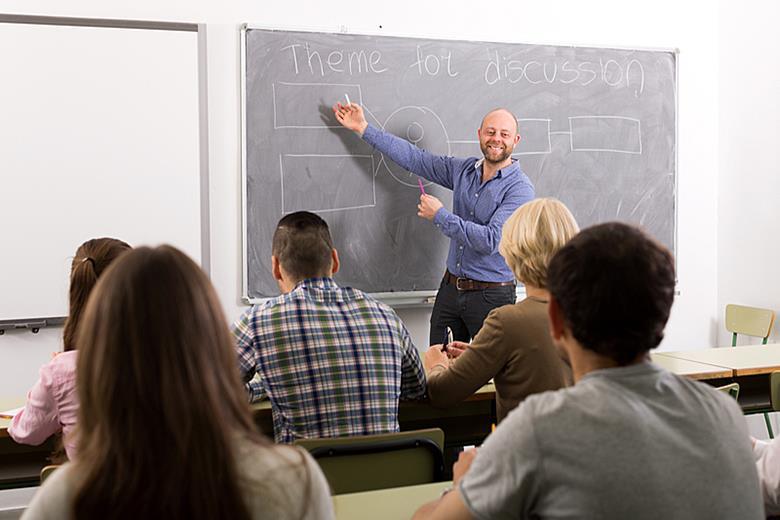Boost Your Child’s Confidence with Primary Science Tuition Singapore
Discover the Vital Benefits of Understanding Main Scientific Research for Young Learners
The significance of primary scientific research education and learning for young learners prolongs much beyond simple knowledge acquisition; it offers as a basic pillar in establishing important abilities such as critical thinking, analytical, and creative thinking. Engaging with scientific ideas with interactive and inquiry-based activities not just cultivates interest however additionally lays the groundwork for durable, confident learners. As we check out these benefits further, it ends up being clear that the ramifications for future scholastic and individual development are extensive. What specific strategies can educators employ to take full advantage of these advantages?
Enhancing Crucial Believing Abilities
Cultivating important thinking skills in young learners is crucial for their cognitive development and future academic success. Critical reasoning enables youngsters to assess details, assess evidence, and make notified decisions, which are crucial skills in today's information-rich society. By taking part in clinical inquiry, young learners can boost these skills as they check out concepts through experimentation, thinking, and monitoring.
In key science education and learning, educators can assist in critical reasoning by urging students to ask concerns, develop theories, and conduct experiments. This hands-on method enables youngsters to practice analytic and establish rational thinking abilities. As an example, when trainees examine the properties of materials or the principles of movement, they discover to examine their searchings for seriously and reason based on evidence.
Additionally, discussions and collaborative projects can promote critical thinking by providing possibilities for students to express their ideas, obstacle presumptions, and think about diverse point of views. By producing a supportive setting that values inquiry and representation, teachers can nurture essential thinking abilities that equip young learners to become long-lasting students and independent thinkers. Eventually, enhancing these abilities lays a robust foundation for their future academic endeavors and individual development.
Promoting Interest and Exploration

Main science education and learning offers a structured environment where young students can discover different sensations with hands-on experiments and observations. By allowing them to engage with products and participate in inquiry-based knowing, instructors develop chances for kids to develop theories, evaluate their concepts, and reason. Such experiences nurture a feeling of wonder and excitement concerning scientific research.

Building Confidence in Problem Fixing
Structure self-confidence in analytic is an important element of main scientific research education and learning that encourages young students to come close to obstacles with strength and imagination - primary science tuition Singapore. They establish essential skills in critical reasoning and look at here analysis when youngsters are motivated to involve with scientific ideas via hands-on tasks and inquiry-based learning. This procedure not just enhances their understanding of clinical principles yet also fosters a Read Full Report feeling of ownership over their learning
To construct confidence, instructors must create an encouraging atmosphere where mistakes are checked out as possibilities for development instead of failures. This motivates pupils to take risks and explore various options to troubles. By supplying scaffolding and support, instructors can help trainees browse complex tasks, gradually boosting their independence in analytical scenarios.
Additionally, collective understanding experiences, such as team tasks or experiments, can better improve pupils' self-confidence as they find out to express their ideas and listen to others' point of views. These interactions nurture social skills and strengthen the idea that problem-solving is frequently a collective undertaking. Inevitably, cultivating confidence in analytical prepares young students for future academic difficulties and furnishes them with the devices required for long-lasting discovering.
Urging Imagination and Technology
In the world of primary science education and learning, motivating creative thinking and development is necessary for cultivating a dynamic learning setting. By cultivating a culture where young learners can discover concepts and experiment easily, instructors help students establish vital believing skills and an interest for exploration. Creative thinking in science motivates youngsters to ask questions, design theories, and participate in hands-on activities that stimulate their creative imagination.
Incorporating open-ended projects and inquiry-based knowing right into the educational program permits trainees to express their one-of-a-kind viewpoints and remedies. When charged with addressing a problem related to their setting, trainees can conceptualize numerous strategies, leading to creative end results that display their creativity. This not only grows their understanding of scientific ideas yet also imparts a feeling of possession over their learning procedure.
In addition, imaginative scientific research education and learning supports partnership amongst peers, as pupils usually share ideas and build on each other's insights - primary science tuition Singapore. This collective spirit advertises not only development however also necessary social abilities. Therefore, by focusing on creativity and advancement in primary science education, we equip young students to assume critically, embrace challenges, and visualize opportunities, laying a solid structure for lifelong discovering and expedition
Getting Ready For Future Discovering Difficulties
Young learners' ability to navigate future knowing challenges depends upon a strong structure in main science education and learning. This fundamental understanding furnishes trainees with vital assuming skills and an organized approach to problem-solving, crucial for taking on intricate concerns in an ever-evolving world. Primary scientific research promotes inquiry-based learning, encouraging students to ask questions, explore theories, and participate in hands-on experiments.
As they develop these skills, learners come to be adept at examining information, recognizing patterns, and drawing informed conclusions. Such useful source expertises are essential not only in scientific areas yet additionally in technology, design, and math (STEM), where interdisciplinary knowledge is significantly essential.
In addition, main scientific research education cultivates a sense of interest and strength in young students, enabling them to check out challenges as chances for growth. As they experience and overcome obstacles in their clinical explorations, they develop confidence in their capability to introduce and adapt.
Ultimately, a strong structure in primary science not just prepares young learners for scholastic searches however likewise equips them with the tools needed for lifelong learning and adaptability in a rapidly changing worldwide landscape. By investing in main scientific research education, we are buying the future capacity of our students.
Conclusion
Comprehending key science is important for young students, as it cultivates vital reasoning, inquisitiveness, and imagination. Engaging with scientific principles via hands-on experiments builds and improves problem-solving abilities durability. This foundational knowledge not just gears up pupils to analyze information and recognize patterns but likewise supports an inquiry-based way of thinking. Eventually, the advantages of main science education and learning prepare kids for future scholastic quests and infuse long-lasting learning routines important for flourishing in an ever-evolving globe.
The value of primary science education for young students extends much beyond simple knowledge acquisition; it offers as a fundamental column in creating important skills such as crucial reasoning, problem-solving, and creativity. By creating a supportive atmosphere that values questions and representation, educators can nurture critical believing skills that empower young students to come to be lifelong students and independent thinkers. Hence, by focusing on creative thinking and development in key scientific research education, we equip young students to believe critically, welcome difficulties, and imagine opportunities, laying a strong foundation for lifelong learning and expedition.
Young learners' capability to navigate future discovering difficulties pivots on a solid foundation in primary scientific research education and learning.Comprehending main scientific research is crucial for young students, as it fosters vital thinking, curiosity, and creativity.